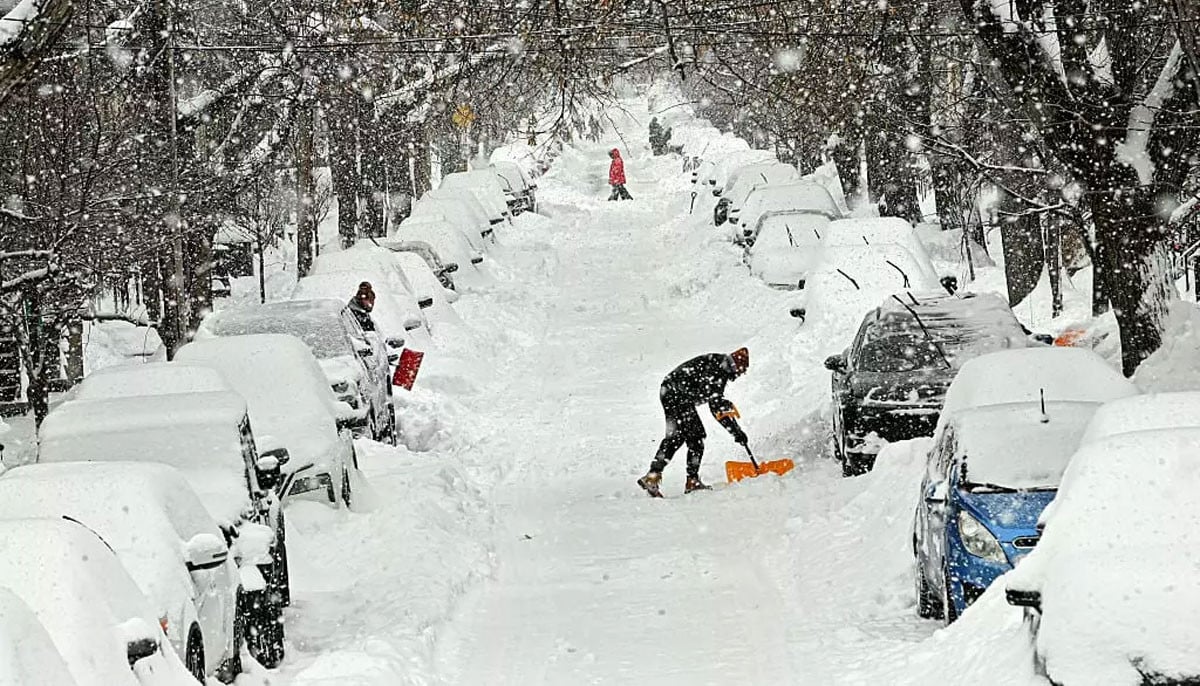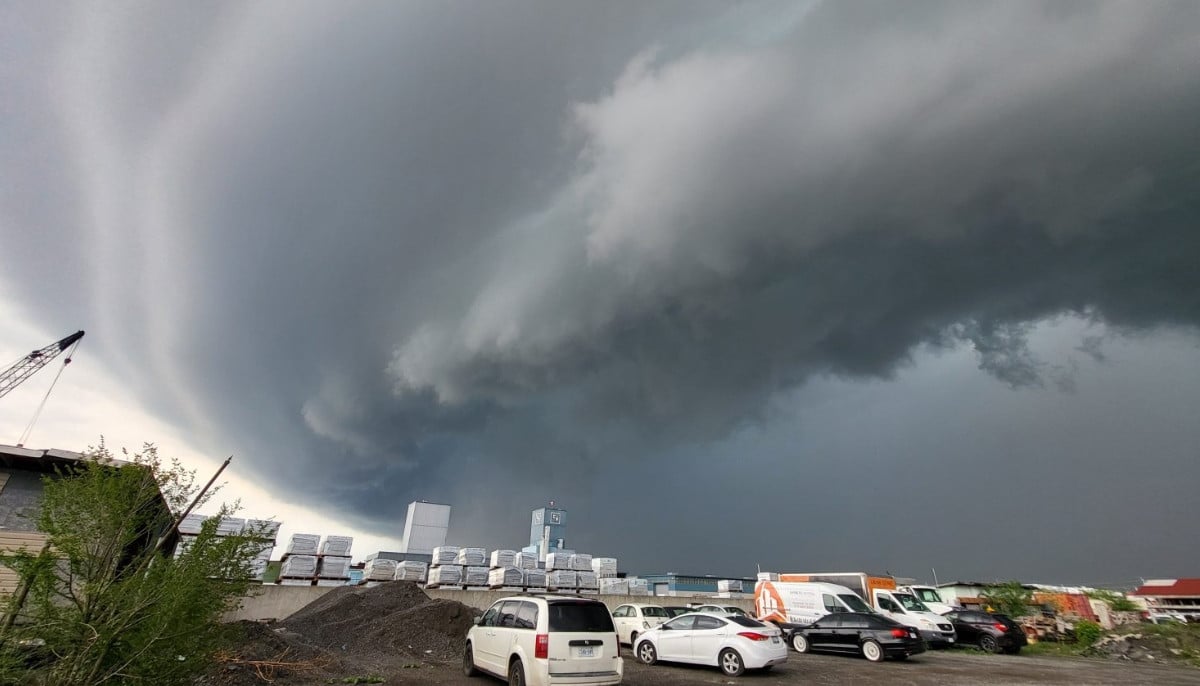Climate change has no boundaries, says Mushahidullah Khan
Bonn: Regional environmental officers from countries home to the Hindu Kush Himalayan (HKH) mountain range, including Pakistan, called on Tuesday for cooperation between the nations to help mountain communities adapt to changing weather patterns caused by global warming.
Speaking at a high-level side event at the annual Conference of Parties 23 (COP23) – the United Nations’ international climate change conference – being held in Bonn, Germany, the climate change minister of Pakistan, Mushahidullah Khan, the environment secretaries from Bhutan, India and Nepal and the deputy director general of National Climate Center China underlined the efforts being taken in their countries to help communities living in the HKH region become climate resilient.
The HKH region, which lies in eight countries, is home to some 240 million people and the source of 10 of Asia’s largest rivers, is facing an extreme threat from increasing temperatures and erratic weather patterns worldwide, said David Molden, the Director General of the International Centre for Integrated Mountain Development (ICIMOD), the group which organised the event in collaboration with the German environment ministry, which has been supporting the HKH countries in developing climate resilience in their mountain communities.
Molden said that based on recent research, limiting average global temperatures at a 2 degree Celsius rise from pre-industrial levels – as envisaged by the historic Paris accord of 2015 – in the world means 3 to 4 degrees of warming in the mountains, while limiting average global temperature rise to 1.5 degree Celsius would mean a 3 degree Celsius rise in high-altitude areas.
The outcome of this rise in temperature would be dire for the millions of people living in the HKH and the more than 1 billion people living downstream. A quarter of humanity depends on the resources from the HKH and in order to meet Sustainable Development Goals targets, attention needs to be paid to the mountains, he added.
“While mountain people bear significant impacts of climate change, they contribute very little to greenhouse gas emissions. The global community has an obligation to pay attention to the mountains,” he said.
In his address to the gathering, Pakistan Minister for Climate Change Mushahidullah Khan said that people in Pakistan living in around the HKH region are annually affected by a number of climate hazards such as glacial lake outburst floods (GLOFS), avalanches, landslides and heat waves, which result in massive human and material losses.
The minister also expressed concern about the fast pace at which glaciers are receding saying that since mountain communities depend heavily on natural resources for their livelihoods, the disruption of the ecosystem and local animal and plant habitat would place these people at high risk of poverty.
Khan said that the Pakistani government has taken several policy measures to safeguard against climate change impact in mountain areas. These include the slow stabilisation of road projects to minimise landslides, the introduction of short duration food crops, improvement in feedstock technology for livestock and measures to prevent crop damage due to unexpected weather patterns.
The minister further added that Pakistan had gained significant experience in capacity building of mountain communities, sustainable forest management and GLOFs management, and other countries could benefit from that experience.
The environment secretaries of India, Bhutan and Nepal also spoke on the occasion and called for greater collaboration between member countries of ICIMOD to preserve the mountain communities and habitat of HKH region.
Later, Climate Change Minister Khan visited the Pakistan pavilion set up at COP’s Bonn Zone to showcase the environment issues the country is facing and how it is dealing with them.
“Climate change has no boundaries. It is the enemy of humans, ecosystems and animals alike,” he said, speaking to The News at the pavilion. “We need to implement measures to ensure that people living around the glaciers and affected by climate change take part in the solutions as well.”
-
Iceberg A-23A turns blue as scientists warn collapse is imminent
-
Matt Damon gets candid about standing by Ben Affleck during tough times
-
Environment Canada weather warning as cold front brings strong winds to Ottawa
-
Jennifer Lawrence reveals which pet she got after letting dog go
-
'Emily In Paris' season 5's 'most challenging' scene revealed
-
Kelly Clarkson achieves major music milestone
-
King Charles, Prince William concerned about Andrew's mental health
-
Gwyneth Paltrow’s daughter lands in ‘trouble’ after latest announcement











